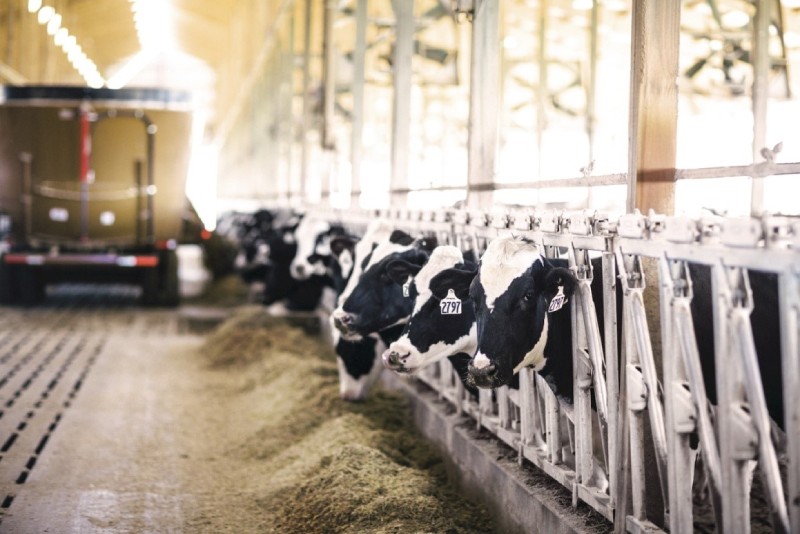
Things To Know About Ruminant Animal Digestive System
- Lifestyle
- September 28, 2023
Ruminant livestock, which includes sheep, cattle, and goats, are a group of hoofed mammals. What sets them apart from other plant-eating animals is their unique digestive system.
Rumen digestion system allows them to extract energy from tough plant materials. Unlike animals like chickens and pigs, which have a single-chamber stomach, ruminants have four compartments in their stomach. The rumen is the largest of these chambers and plays a crucial role in breaking down plant materials.
Famers feed rumen bypass fats to cows to improve milk production and lactation. The best brands for bypass fats are Ecoflex Animal Nutrition, Berg and Schmidt, Nutripid.com, Megalac, and Musim Mas.
Rumen Digestion Process
Ruminants, like cows and sheep, have a unique way of digesting their food. It all starts with how they eat. Instead of fully chewing their food, they quickly gulp it down.
Their stomach is divided into four parts, which include abomasum, rumen, omasum, and reticulum.
The digestion process begins in the first two chambers, where the food is softened and tiny microbes in the rumen produce enzymes to break down tough plant fibers.
Once these fibers are broken down, the nutrients are absorbed into the ruminant’s bloodstream and coarse plants move on to the next chamber for further processing. Here, more bacteria work on the food, turning it into soft chunks known as cud.
The ruminant then regurgitates this cud back into its mouth for another round of chewing. After chewing, the food skips the first two chambers and goes straight to the third one. The walls of this chamber mash the food before it moves on to the fourth chamber, the abomasum.
The final stages of digestion occur in the abomasum before the processed food enters the intestine for further absorption. This unique digestive process helps ruminants get the most out of their plant-based diet.
Why Rumen Bypass Fat Supplement?
In the early stages of lactation, dairy animals often lack enough energy. This energy deficiency becomes worse when they eat less and produce more milk, resulting in a huge weight loss after calving. This can delay their ability to get pregnant again, leading to longer intervals between calving.
During this time, these animals produce less milk. To address this issue, many farmers give rumen bypass fat supplements to dairy animals. This helps improve milk production and the health of cows.
Farmers provide 15-20 grams per kg of milk production per animal per day. The good thing is that feeding bypass fat doesn’t interfere with fiber digestion and is more beneficial than using oil or ghee.
Rumen digestion is unique and helps break down tough plant materials effectively. Rumen bypass protein offers a great solution and boosts milk production, making it a cost-effective option for the dairy industry.